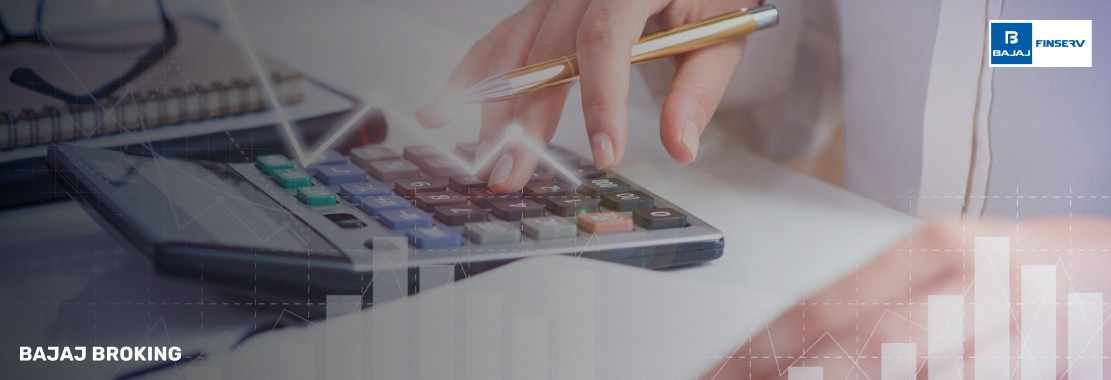International trade is like a big store where people are always making transactions. But what about faith? That's the tough part. Sellers want to be sure they'll get paid. Buyers need some space before they spend money. Acceptance Credit comes in softly at that point.
It protects both sides. Importers don't have to pay right away, and exporters can feel better knowing that a bank has basically said yes. It works like a bridge that makes it easy for goods and money to traverse borders.
How Acceptance Credit Works?
Acceptance Credit is basically a bill of exchange that shows you trust someone. This bill says that the buyer's bank will pay the seller.
The buyer gets time, and the seller gets peace of mind. When the bank says yes, the risk of not getting paid goes down a lot, which makes transactions safer and easier.
Sometimes payment doesn't happen straight away. A usance bill comes into play here. It provides customers a little time, say two weeks, to pay. That extra time could be very significant in business.
Acceptance Credit Process
The seller starts the process by writing a bill of exchange and sending it to the buyer's bank. It will accept it if the bank is happy with it.
After accepting the offer, the seller can either wait until the due date to get paid or lower the bill to get the money right now.
A usance bill tells you how long you have to wait to get paid. For example, an exporter of textiles would give you two weeks to pay. The usance term is the time range that both parties agree on.
Types of Acceptance Credit
Confirmed Acceptance Credit
The bank really comes through here. Even if the buyer doesn't pay, the bank nevertheless pays the seller. It's a safer method for people who export to go.
Unconfirmed Acceptance Credit
In this case, the bank doesn't pledge to pay. If the buyer doesn't pay, the seller could lose money, especially if they don't know how good the buyer's finances are.
Benefits of Using Acceptance Credit
Acceptance Credit is like a handshake that happens later. It's tough and dependable, yet it also has some give. It makes sellers feel better and allows buyers some freedom.
Safe Payments: This makes sure that sellers get their money on time, which is a significant plus when selling across borders where there may be a lot of risk.
Customisable Terms: This helps both sides agree on timelines that work instead of strict ones.
Bank Backing: If a bank is engaged, the buyer is less likely to default, which makes sellers feel better.
Better Financial Planning: Businesses can pay their bills at times that work with their cash flow, which makes their money more stable.
Builds Trust: By lowering doubt, it strengthens long-term business relationships between partners.
Additional Read: What is the Credit Market?
Acceptance Credit vs. Other Letters of Credit
The following table will help you understand the Acceptance Credit and the other categories of Letters of Credit.
Type of LC
| Nature of Payment
| Flexibility/Assurance
|
Acceptance Credit
| Payment is made after a set period via a bill of exchange.
| Provides deferred payment security; the bank assumes payment risk.
|
Sight Credit
| Immediate payment is required upon presentation of the necessary documents.
| Offers fast access to funds but no deferred payment flexibility.
|
Revocable LC
| Can be altered or cancelled without the beneficiary's consent.
| Less secure for the seller due to the risk of sudden changes.
|
Irrevocable LC
| Cannot be changed or cancelled without agreement.
| More secure and reliable; commonly used in global trade.
|
Confirmed LC
| Guarantees payment by an additional confirming bank.
| Extra payment assurance, especially in high-risk countries.
|
Back-to-Back LC
| One LC is used to back another issue for the supplier.
| Useful for intermediaries and exporters who need to pay their suppliers.
|
Conclusion
Acceptance Credit may not sound thrilling, but it's quite vital for businesses. The banks operate as a neutral third party, sellers know they'll get paid, and buyers receive extra time.
In short, it stops international trade from being stranded. It would be much harder to trust individuals and do business across borders without it.




